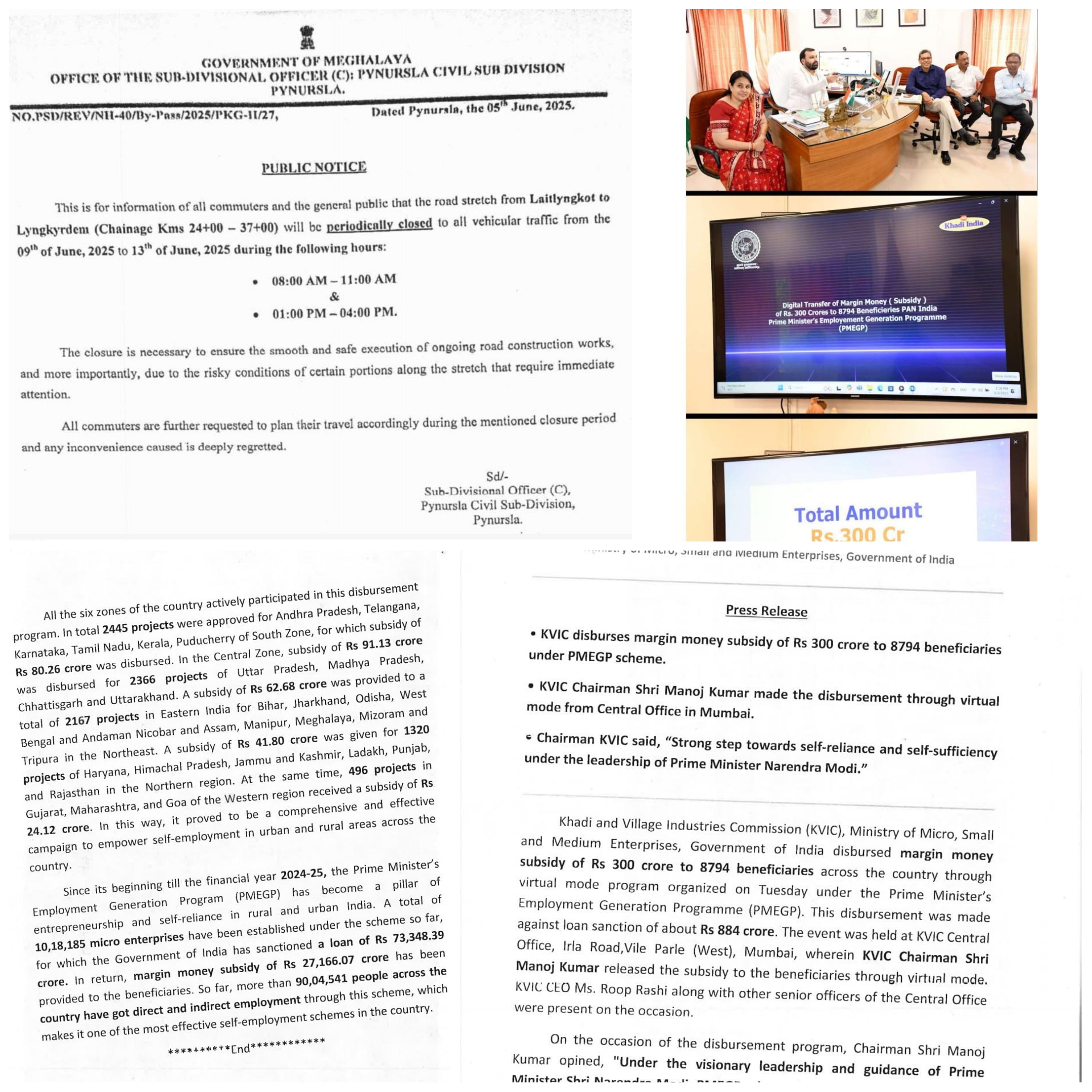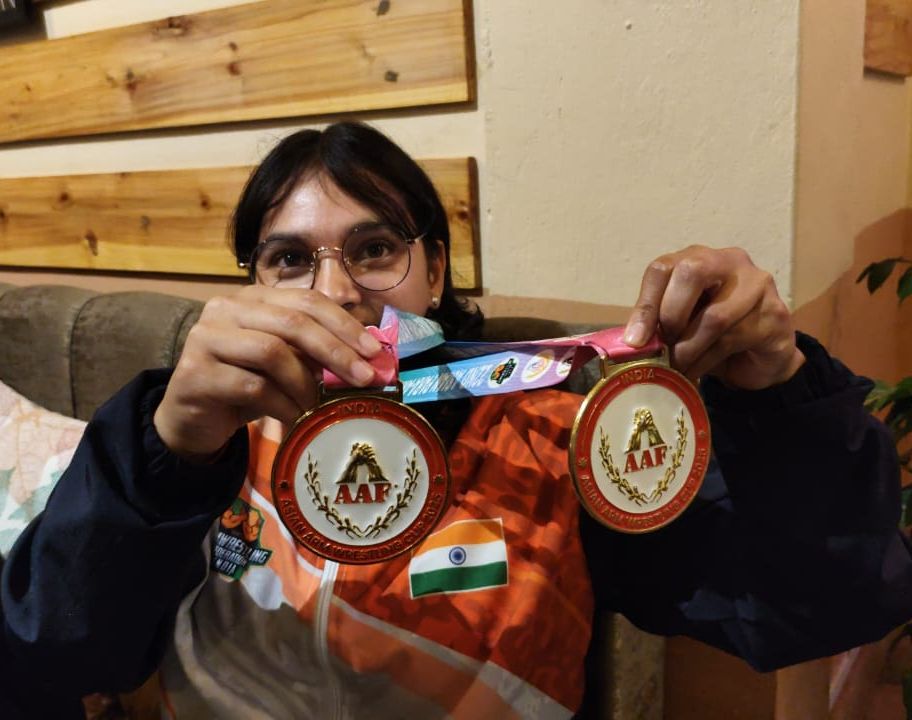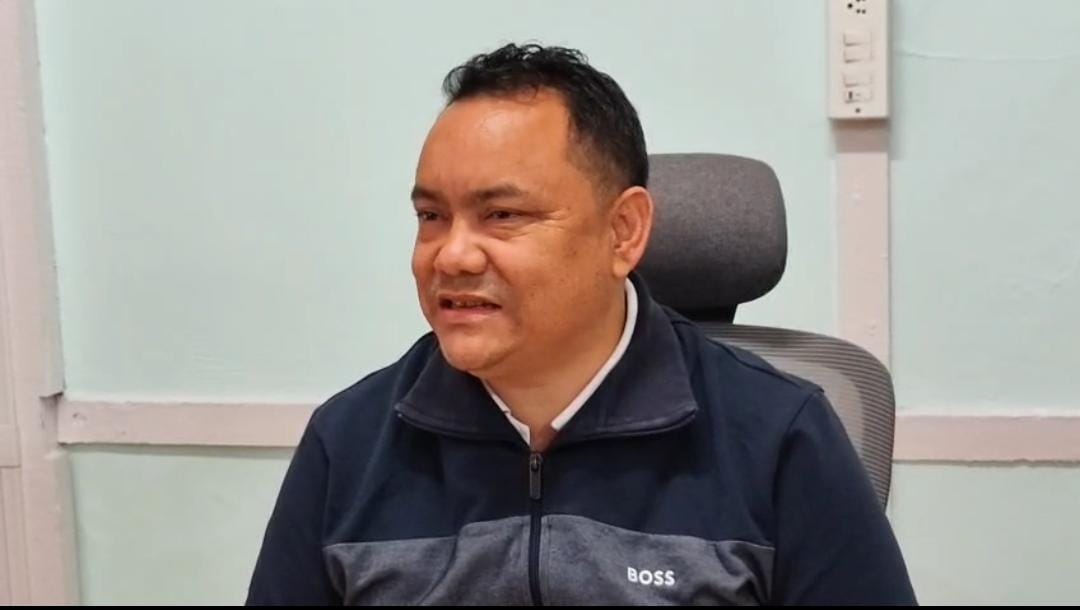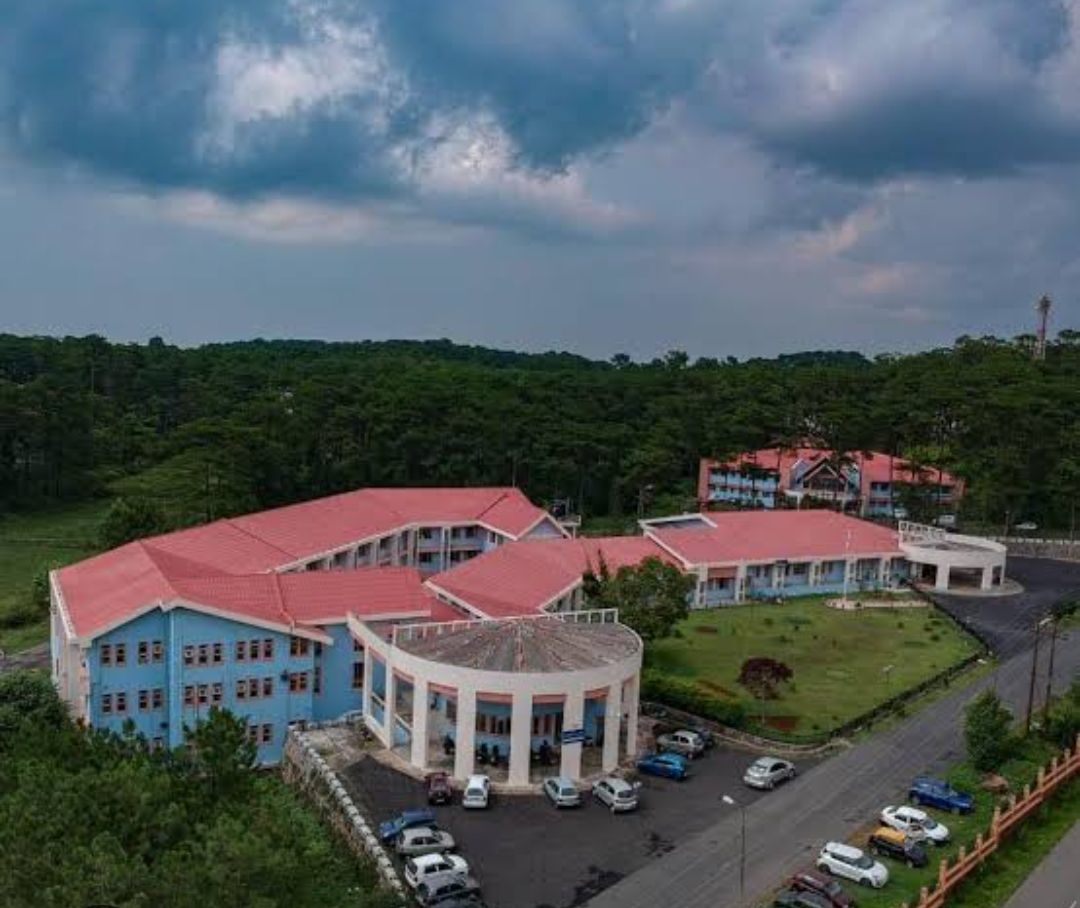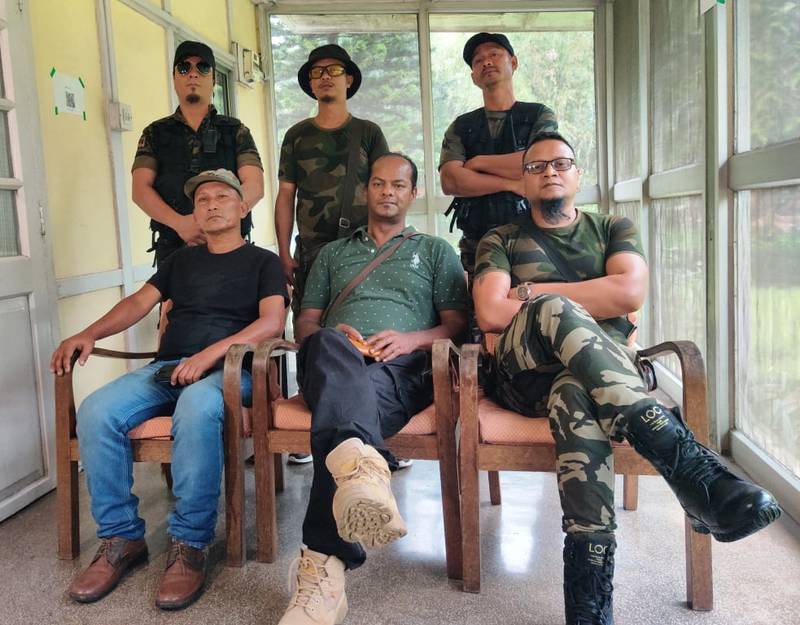
Meghalaya Cabinet Minister and MDA-II spokesperson Paul Lyngdoh has made it unequivocally clear that the ban on the proscribed Hynniewtrep National Liberation Council (HNLC) will remain in force, citing the outfit’s continued reluctance to respond positively to the government’s peace initiatives.
Speaking to Mediapersons on Thursday, Lyngdoh asserted that while the state government remains open and willing to engage in dialogue with the militant group, the burden of progress lies with the HNLC. “We are open to the idea of talking. In fact, when talking to them (HNLC) would be one step ahead of the ban on the organization being lifted. But since they have not responded favorably, hence the ban continues,” Lyngdoh said, underlining the administration’s readiness for meaningful engagement provided the group reciprocates with seriousness and sincerity.
The HNLC, which seeks a sovereign homeland for the indigenous Khasi people, was first declared an unlawful association under the Unlawful Activities (Prevention) Act (UAPA), 1967, in November 2000. Since then, the ban has been periodically extended by the Centre due to the persistent threat posed by the group’s ideology and activities. The most recent extension—imposed by the Union Ministry of Home Affairs in December 2024—prolongs the proscription until 2029, citing national security concerns and the outfit’s disruptive influence on public order in the region.
While the Meghalaya government has repeatedly conveyed its willingness to resume talks and resolve longstanding issues through peaceful means, past attempts—most notably a proposed tripartite dialogue involving the state government, central government, and the HNLC—collapsed after the outfit unilaterally withdrew from the process.
Lyngdoh’s remarks highlight the growing frustration within the government over the stalled peace process, even as efforts to engage in constructive dialogue remain on the table. The continuation of the ban signals that any future thaw in relations hinges entirely on the HNLC’s willingness to engage sincerely in peace-building measures, something it has so far failed to demonstrate.

